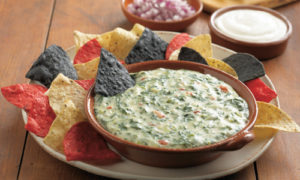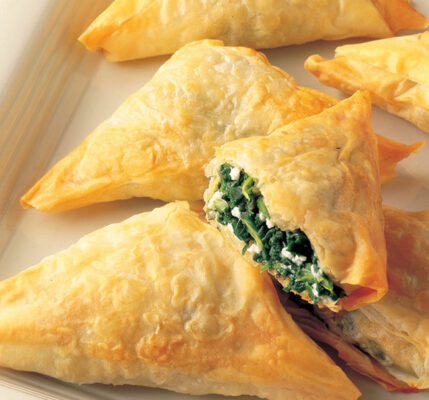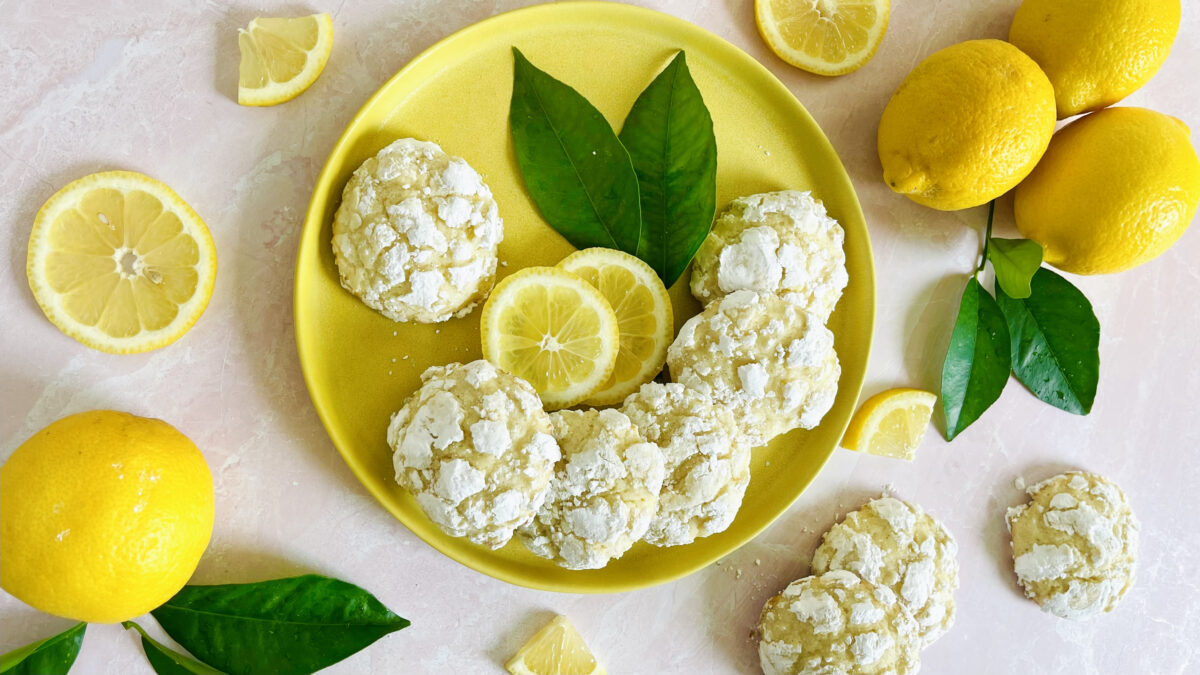Frozen for the Future: Sustainable Eating Made Easy with Frozen & Refrigerated Foods
Environmental sustainability and food waste are top-of-mind for many consumers, but understanding what constitutes a sustainable diet can be confusing. According to the Food and Agricultural Organization (FOA), sustainable healthy diets are dietary patterns that promote all dimensions of individuals’ health and wellbeing; have low environmental pressure and impact; are accessible, affordable, safe, and equitable; and are culturally acceptable. The definition is complex as there are not only nutrition and environmental factors, but economic and socio-cultural dimensions as well. The important thing is to simply start taking some meaningful steps to ensure you are consuming a more sustainable diet. Such steps include the addition of more plants on your plate, a focus on seasonal and local foods, and reducing food waste. And remember, making sustainable food choices does not mean you have to forgo products that offer convenience and affordability. In fact, there are a delicious and diverse frozen and refrigerated products that offer many sustainable benefits.

Sustainable benefits of frozen & refrigerated foods
Help to reduce food waste
Buying frozen food is a great way to limit your amount of food waste as you have the ability to prepare only what you need. In fact, a 2023 literature review conducted Cornell University analyzed the rate of food waste in grocery stores and households and affirmed that, in general, frozen foods are wasted less than their fresh counterparts. This was especially true among the fruits and vegetables studied. These frozen products are typically much less likely to be thrown out than their fresh counterparts. In addition, frozen ingredients allow you to have flexibility with your meals and having several frozen meal products on hand means you always have a backup plan without the risk of spoilage. Frozen food ingredients also assist low-income shoppers with saving money because they’re able to use the food over time.
Provide a plethora of plant-based options
Plant-based foods are in high demand as they are linked with both nutritional and environmental benefits and it’s exciting to see many nourishing new plant-based food options. The traditional dairy case now offers a variety of plant-based milk alternatives from soy, to almond, oat and more. You’ll also find exciting flavors of plant-based creamers, cheeses, and yogurts. If you’re looking to move to a more plant-forward eating pattern, the frozen food section also has more options than you may think. From family-size and individual frozen dinners to plant-based proteins, ethnic cuisines and frozen desserts. Click here to see 18 delicious selections for breakfast, lunch or dinner. Add some of these items to your shopping cart – you’re sure to find some new favorites!
Pair well with perishables
Since perishable foods are more susceptible to spoilage than frozen foods, look for ways to pair these items together for quick and healthy assembly meals to avoid food waste. For instance, top a frozen cheese pizza with fresh veggies, top your yogurt with frozen berries, or add leftover meat or poultry to a frozen stir-fry dinner. Here are some additional tasty recipes to try:
Planet-friendly packaging
Packaging serves the purpose of protecting food and beverages to ensure product safety and quality. It also provides ingredient and nutritional information. However, around 45% of the waste discarded in landfills in the United States comes from foods and food packaging which is why many food manufacturers are making important commitments to reduce packaging waste, and increase recyclability. From creating and using packaging that is reusable, recyclable or compostable to reducing the use of virgin materials, frozen and refrigerated food manufacturers are making positive business changes not only to increase sustainable packaging, but to help combat climate change, participate in regenerative agriculture, and preserve water sources.
Adopting a more sustainable dietary pattern can take time, but you can start by making more plant-forward choices and planning to include a variety of frozen and refrigerated food products into meals to reduce your food waste. Remember, small changes can make a big difference.
For more sustainable mealtime inspiration visit @EasyHomeMeals on social!






